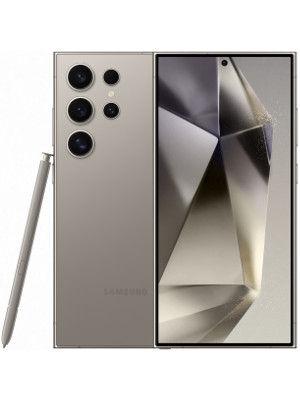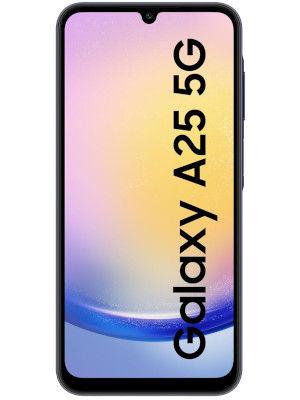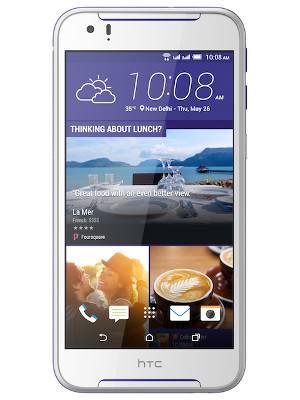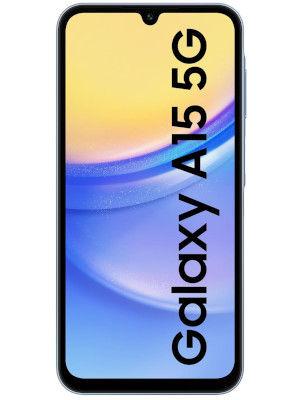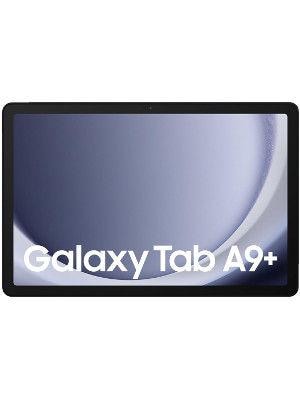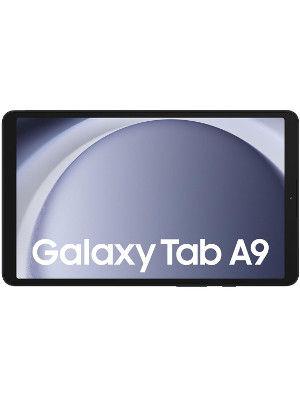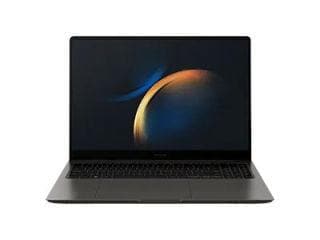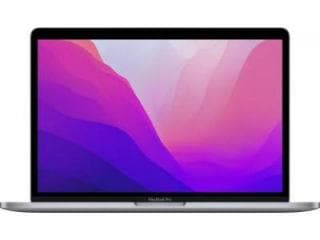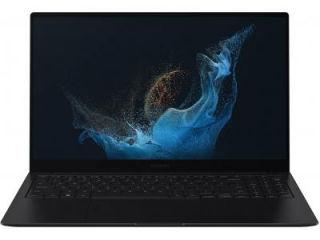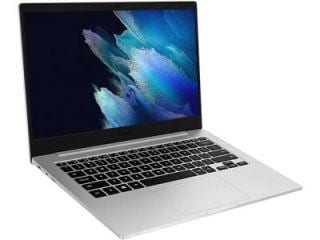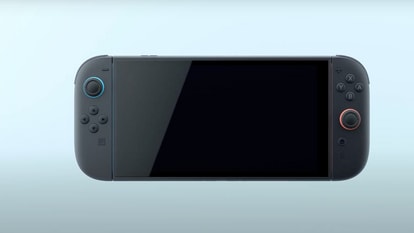Tech in 2018: 5G, foldable and blockchain phones finally became a reality
Samsung unveiled its first foldable phone in 2018 while HTC launched blockchain-based phone.
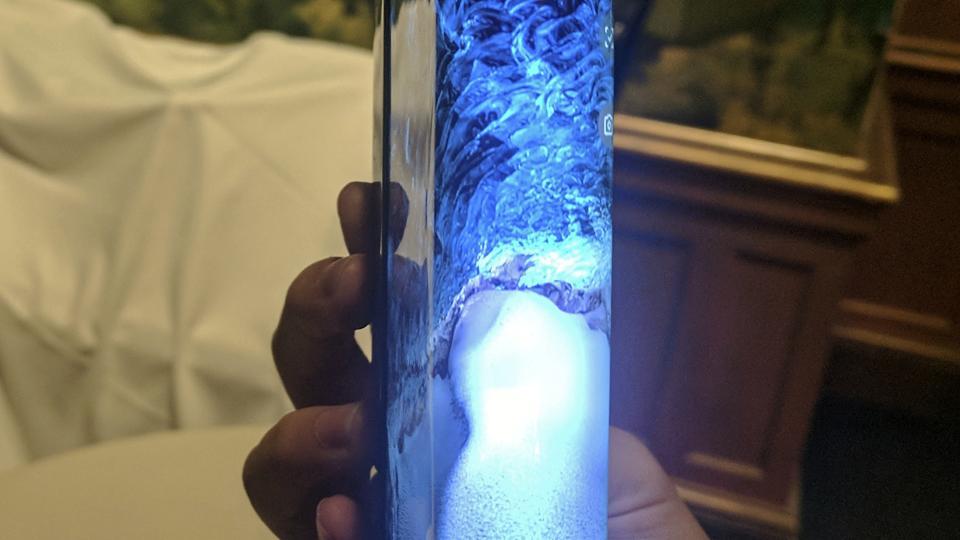
Smartphones got smarter in 2018. The upgrade, however, not only came in the form of incremental improvements in hardware, camera and chipsets but the technology under-the-hood as well. Artificial Intelligence (AI) and Machine Learning (ML) became a mainstay in the smartphone space.
Let's take foldable phones for example. The concept of rollable and flexible displays has been around for several years. These displays even made appearances at technology conferences as well. But none of them could ever make it to the commercial production. Foldable phones, however, became a reality in 2018.
FlexPai
Royole Corporation, an unknown company from California, became the world's first smartphone company to launch a foldable phone. Called FlexPai, the smartphone is available in China for a starting price of 8,999 Yuan ( ₹95,000 approximately).
FlexPai, when opened up, features a large 7.8-inch display. This makes the device bigger than many modern large-screen phones such as Samsung Galaxy Note 9 and Apple iPhone XS Max. The phone offers as many as three screens including the hinge that also doubles as screen.
Samsung foldable phone
After years of staying in developmental phase, Samsung's first foldable phone was finally unveiled this year. The Korean giant is using an Infinity Flex Display in its device which offers a 7.3-inch display when folded up. The company is expected to commercially launch the phone in early 2019.
Samsung is betting big on its foldable phones as it plans to ship at least 1 million units of the phone. According to reports, Samsung will be launching new version of its foldable phones each year - similar to its Galaxy S-cycle.
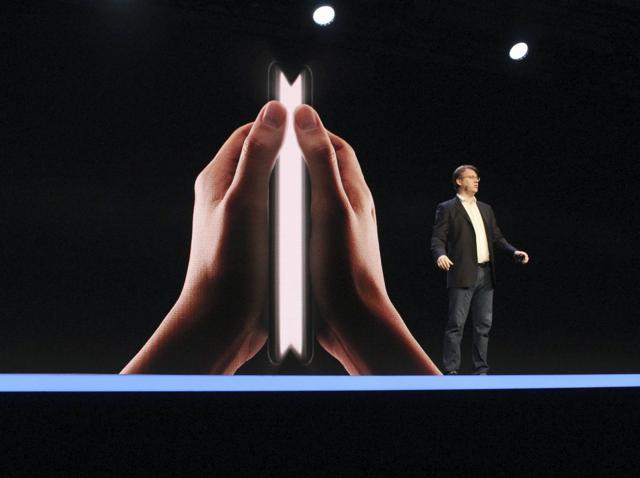

Blockchain phones
While unique form factor is going to certainly appeal mass users, some brands are shifting their focus on making powerful enough phones to handle blockchain technology. Earlier this year, Switzerland-based Sirin Lab's launched 'Finney', the world's first blockchain phone. The smartphone sports built-in "cold-storage" crypto wallet, distributed ledger consensus and encrypted peer-to-peer resource sharing.
HTC soon followed suit with its Exodus 1 blockchain phone. The device features a "secure enclave" that keeps your cryptocurrenies and even non-fungible tokens (NFTs). It also has a "Social Key Recovery mechanism" which lets you to track the device when it goes missing or gets stolen.
According to reports, Huawei is also considering a blockchain-based phone. The device is expected to see the light of day early next year.
5G smartphones
5G mobile network is set for formal roll-out early next year. Ahead of the launch, a range of smartphone companies have confirmed plans to launch 5G-compatible smartphones. Samsung has said its next-generation flagship phone will be 5G ready. Other important players who have confirmed 5G phones are OnePlus and Xiaomi.
The biggest driver of 5G mobility is going to be the chipsets. Qualcomm's latest flagship processor, Snapdragon 855, comes with built-in 5G modems and is promised to deliver 50 or 100 times faster than the current 4G network.
Qualcomm and Samsung will be bringing the first-generation of 5G smarphones in the US in the first half of 2019. OnePlus will launch Snapdragon 855 processor-powered 5G phone in the UK early next year.
READ:
Tech in 2018: Did Bitcoin bubble finally burst this year?
Tech in 2018: Privacy concerns amid data breaches rocked the tech boat
Catch all the Latest Tech News, Mobile News, Laptop News, Gaming news, Wearables News , How To News, also keep up with us on Whatsapp channel,Twitter, Facebook, Google News, and Instagram. For our latest videos, subscribe to our YouTube channel.

